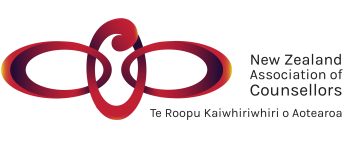Walking a tightrope: A balancing act by school counsellors.
DOI:
https://doi.org/10.24135/nzjc.v41i1.26Keywords:
communities of care, disclosure, ethics, harm reduction, school counsellingAbstract
When clients report harm or abuse to a counsellor and the threshold of "imminent harm" is not met, the counsellor faces potentially competing ethical imperatives. While reporting or informing others can bring safety, it can also harm relationships, including the therapeutic alliance. Focussing on the context of school counselling, this article makes a case for the relative autonomy of counsellors if they wish to consult with other professionals to help clarify their ethical, moral, and legal obligations. We argue that counsellors need not inform clients that such consultation has occurred. In addition, this article explores language that preserves the therapeutic relationship and advocates for a collaborative response to harm reduction that wherever possible prioritises client choice and agency around matters of disclosure. [ABSTRACT FROM AUTHOR] Copyright of New Zealand Journal of Counselling is the property of New Zealand Association of Counsellors and its content may not be copied or emailed to multiple sites or posted to a listserv without the copyright holder's express written permission. However, users may print, download, or email articles for individual use. This abstract may be abridged. No warranty is given about the accuracy of the copy. Users should refer to the original published version of the material for the full abstract. (Copyright applies to all Abstracts.)Downloads
Published
01-01-2021
How to Cite
Pizzini, N., Gremillion, H., & Newman, T. (2021). Walking a tightrope: A balancing act by school counsellors. New Zealand Journal of Counselling, 41(1), 45–59. https://doi.org/10.24135/nzjc.v41i1.26
Issue
Section
Articles



